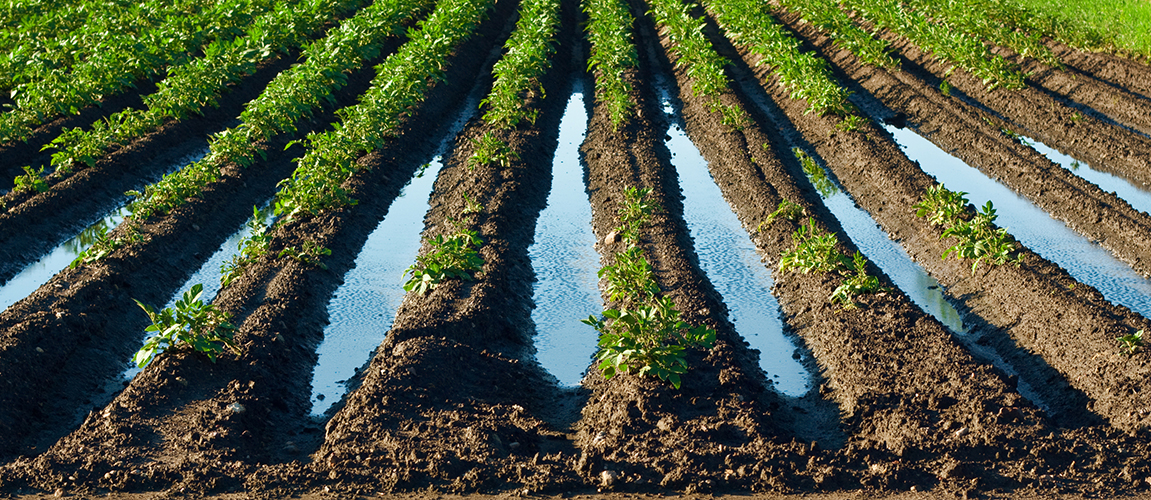Levy-funded project looks to help stop the rot with research into bacterial blackleg diseases
The soft rot bacterial species Dickeya and Pectobacterium are listed globally in the top 10 most important bacterial plant pathogens based on their economic impact. They are made up of a genetically diverse group of plant pathogens affecting a wide range of plant species.
While in Australia crop losses from potato blackleg disease are generally considered to be low, there are cases of greater losses occurring when wet and windy weather conditions prevail, as well as cases of soft rots following planting seed tubers into warmer soils.
A recently completed project, funded by Hort Innovation using the fresh potato and potato processing levies, has conducted a review of existing information on the bacteria responsible for blackleg and soft rot diseases in potatoes. The project team also looked at similar bacteria that cause diseases in a range of other crops where there could be information relevant to the potato industry.
By reviewing this information, the project team developed an understanding of the current status of the pathogens causing these diseases. Their findings included assessments of the pathogens’ distribution, their spread, and the potential threat that they represent to the Australian potato industry.
The project also examined the status of diagnostic capacity and capability in Australia to help inform our biosecurity preparedness and potential industry R&D investment.
The final report from this project is now available on the InfoVeg database. Click here to access it.
This post appeared in the AUSVEG Weekly Update published 15 January 2019. Subscribe to the Update using our online form to receive the latest industry news in your inbox every week!
| PT18000 Review of bacterial blackleg diseases and R&D gaps with a focus on the potato industry has been funded by Hort Innovation using the fresh potato and potato processing research and development levies and contributions from the Australian Government. |  |

